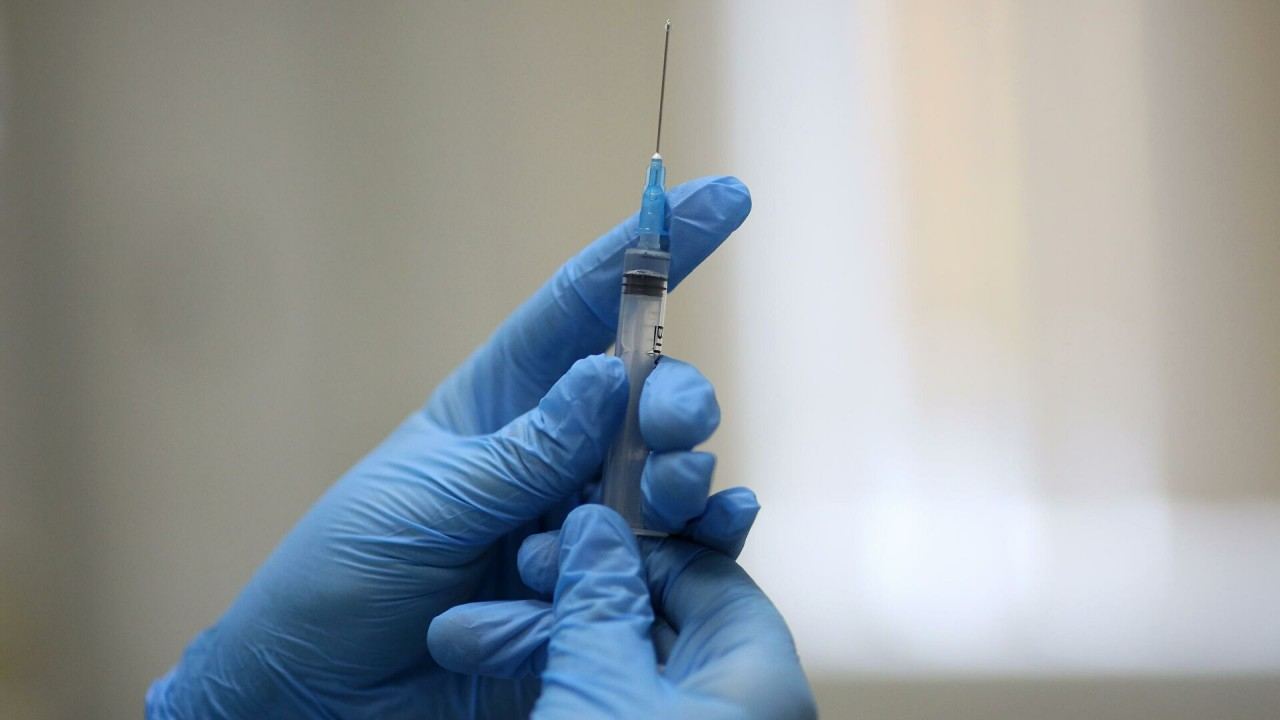A top government committee has concluded that there is no increased risk of blood clotting following vaccinations with Covishield and Covaxin so far. The committee analysed over 400 major adverse reactions during the government’s ongoing vaccination drive of priority groups in the country before submitting its findings, as per a top government official involved in the process.
“These cases have been analysed and there is no unusual bleeding or clotting manifestations either with Covishield or Covaxin,” said Dr NK Arora, executive director of the INCLEN Trust and an advisor to the National Adverse Events Following Immunization (AEFI) Committee looking into this issue.
Of 412 cases of severe AEFI and serious AEFI, including hospitalisations and deaths, reported as of March 13, there is “no abnormal increase” in issues of clotting and bleeding either, according to him.
These findings have been presented to the National Expert Group on Vaccine Administration for Covid-19 (NEGVAC) as well as GACVS, of which Dr Arora is also a member. The situation will continue to be monitored, according to him. Going forward, a system is in the works to ensure a faster turnaround time between the time that a serious AEFI is reported by states and the Centre and the results of the investigations into them, as per him. This includes making the delivery of laboratory and post-mortem reports for each AEFI “much faster”, he said.
“We are (trying to see) that, within two or three weeks, the results should be available for each AEFI. It will be almost real-time,” Dr Arora told The Indian Express.
India’s decision to review serious and severe AEFIs for this issue follows concerns raised in other countries over this risk with the University of Oxford-AstraZeneca vaccine, on which Covishield is based. Countries including Netherlands, Thailand, Norway, Denmark, Ireland, Iceland, Bulgaria, Luxembourg, Lithuania, Estonia, and Latvia had reportedly suspended the use of this vaccine over safety concerns.
Last week, WHO and the European Medicines Authority’s safety committee said that available data did not suggest any overall increase in clotting conditions after the vaccine was administered. At the same time, the EMA had said that the vaccine “may” be associated with “very rare” cases of blood clots associated with thrombocytopenia, a condition characterized by low levels of blood platelets.
“While very rare and unique thromboembolic events in combination with thrombocytopenia, such as cerebral venous sinus thrombosis (CVST), have also been reported following vaccination with the AstraZeneca Covid-19 vaccine in Europe, it is not certain that they have been caused by vaccination,” said WHO on March 19 about this concern. “A causal relationship between these rare events has not been established at this time,” it added.






